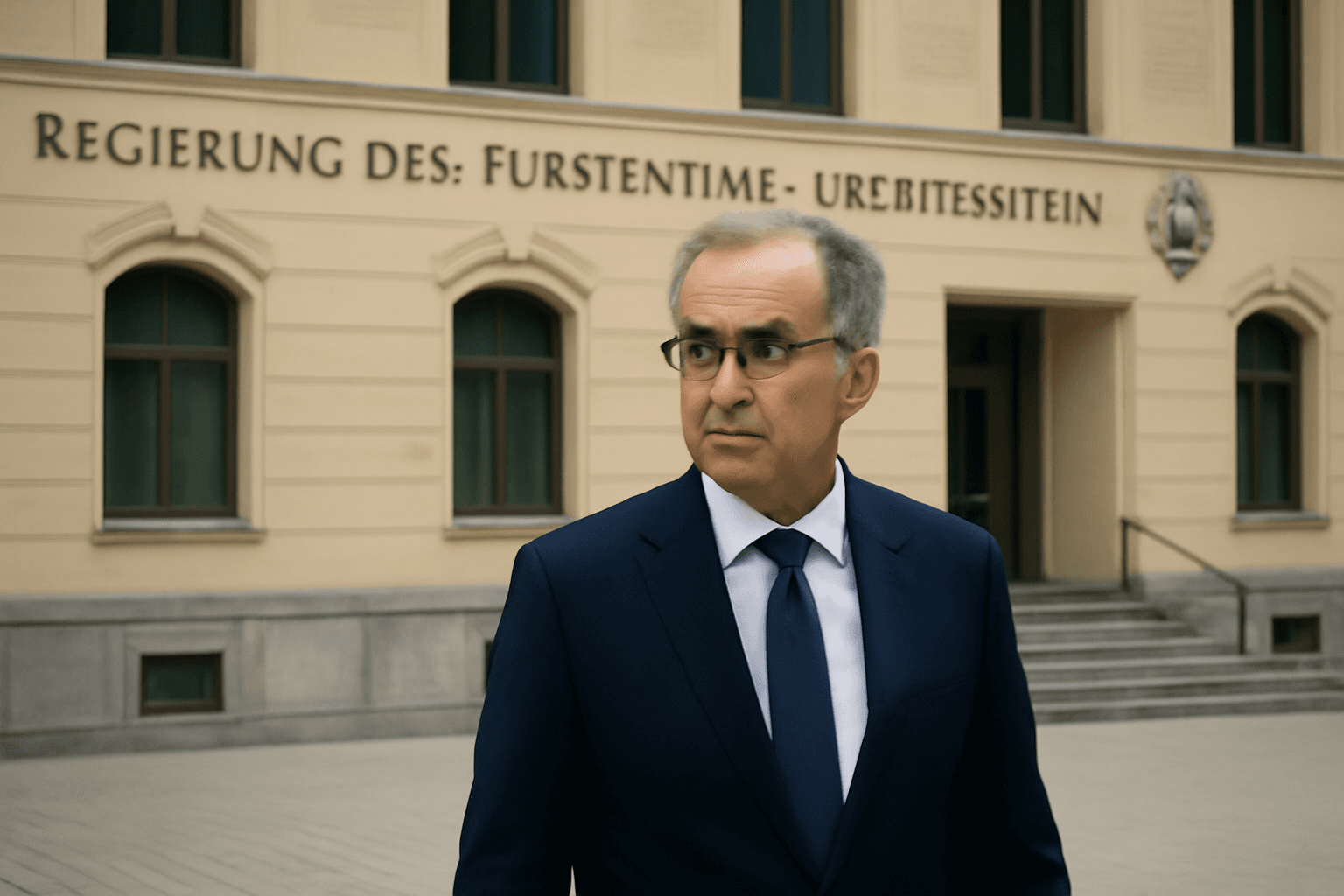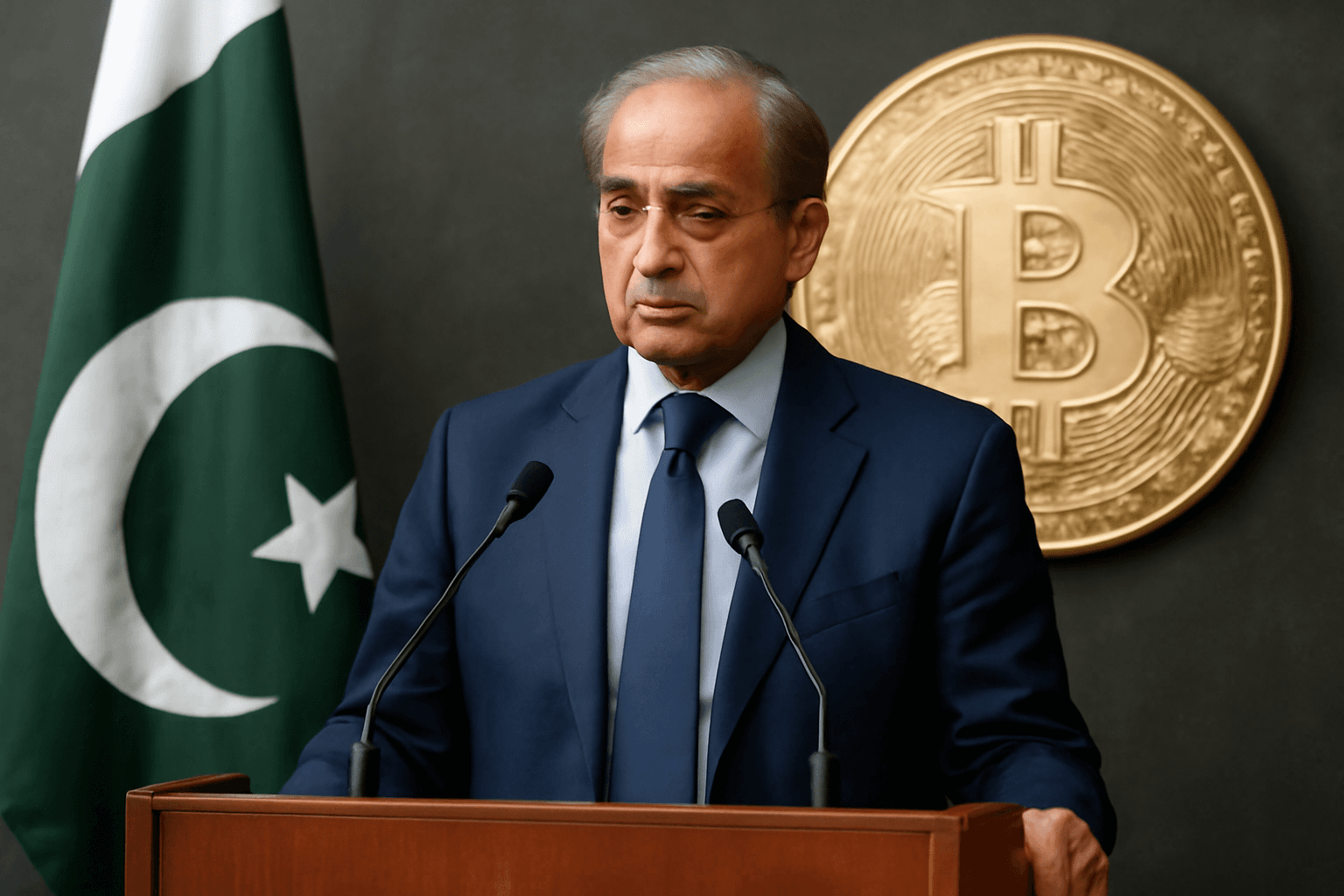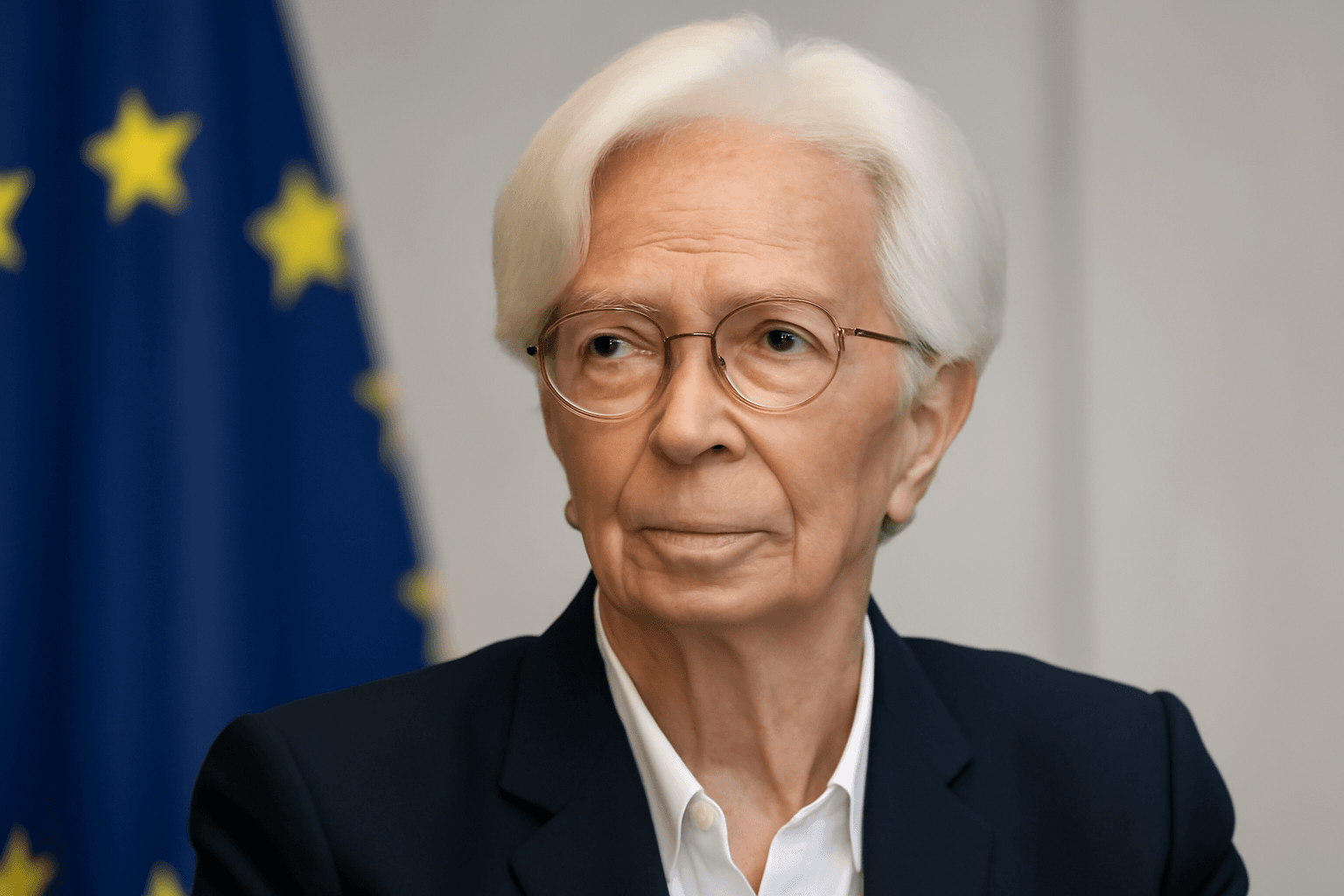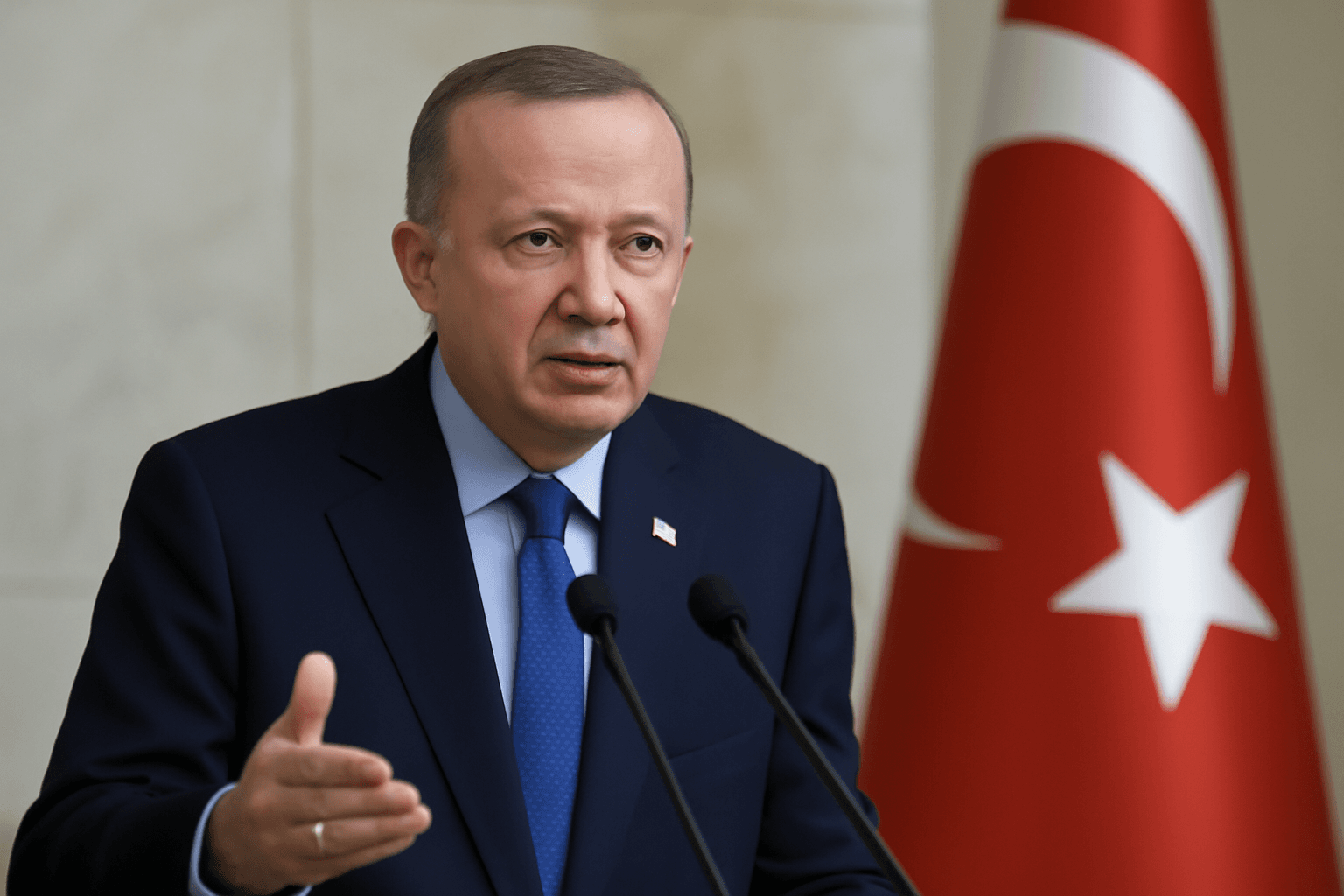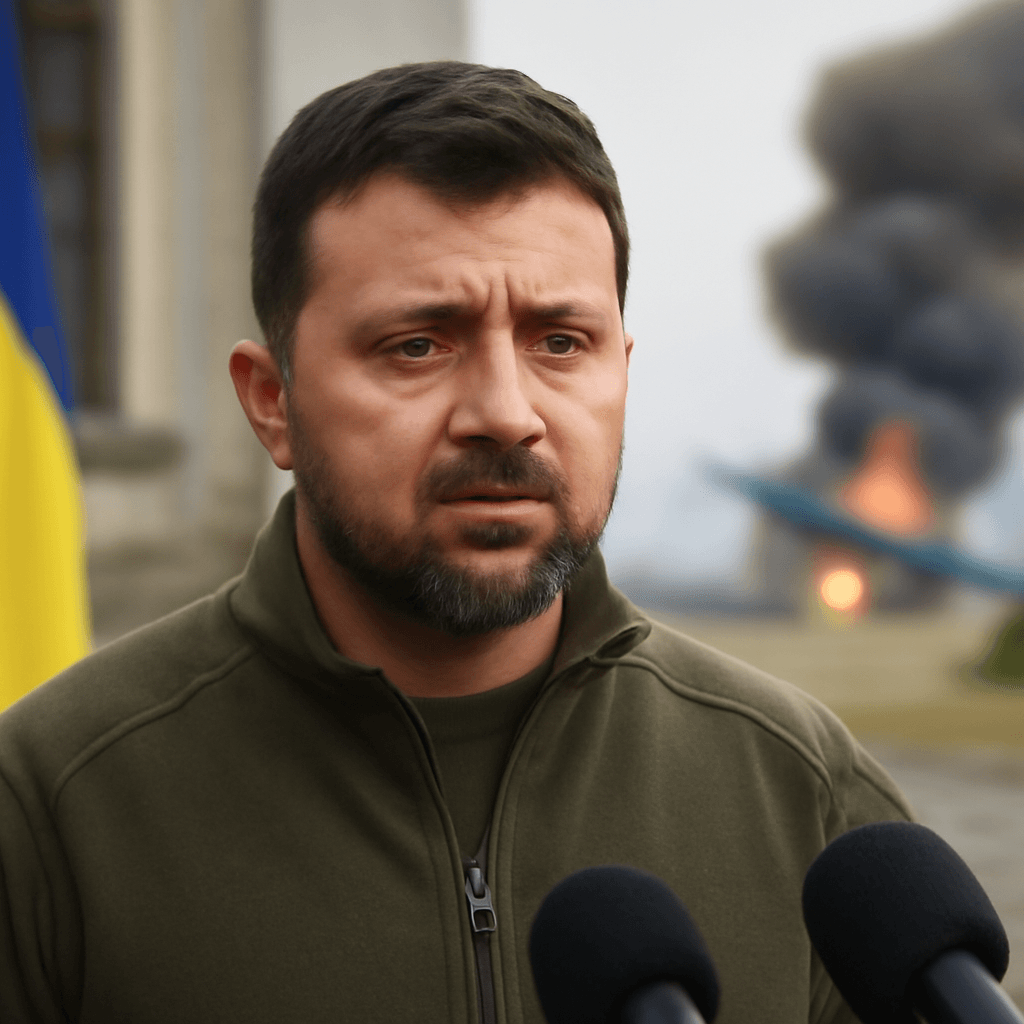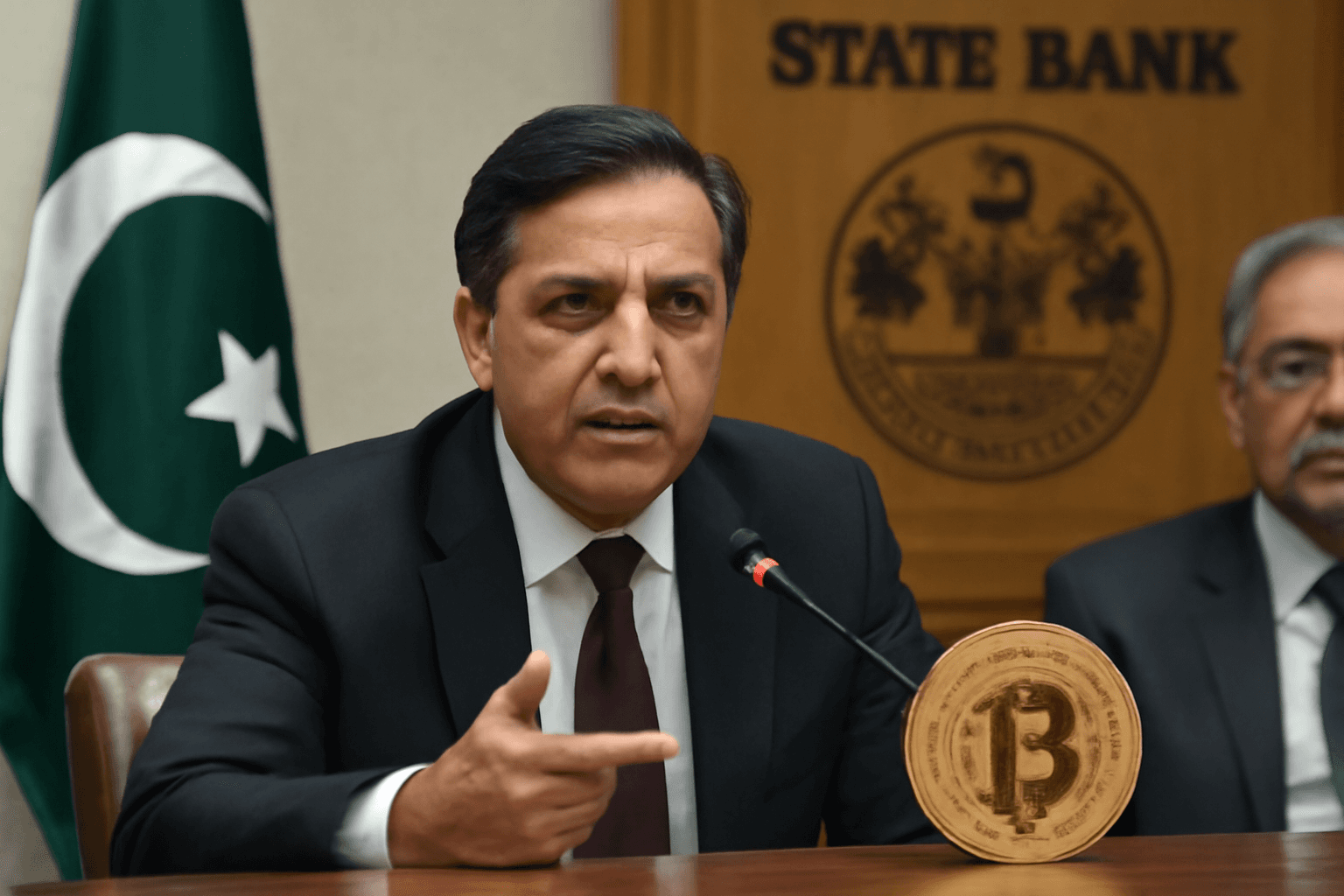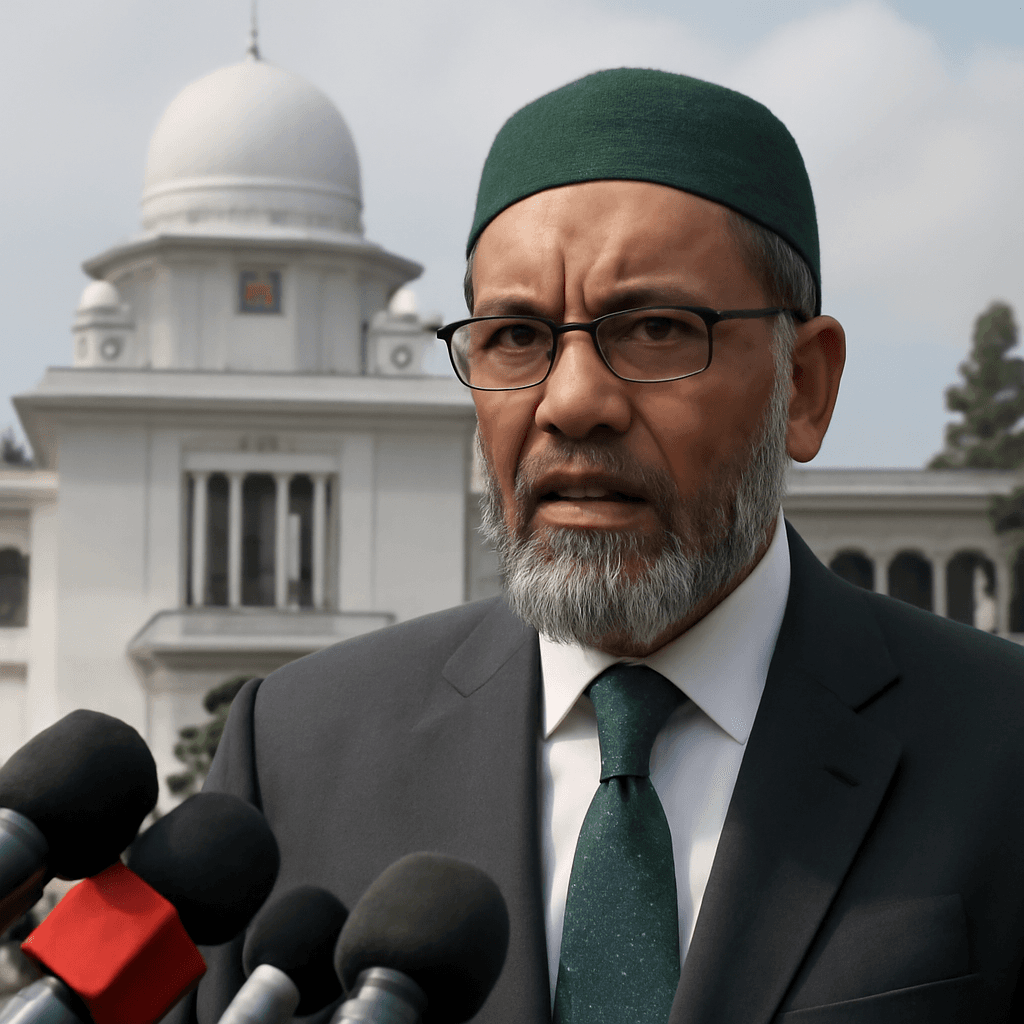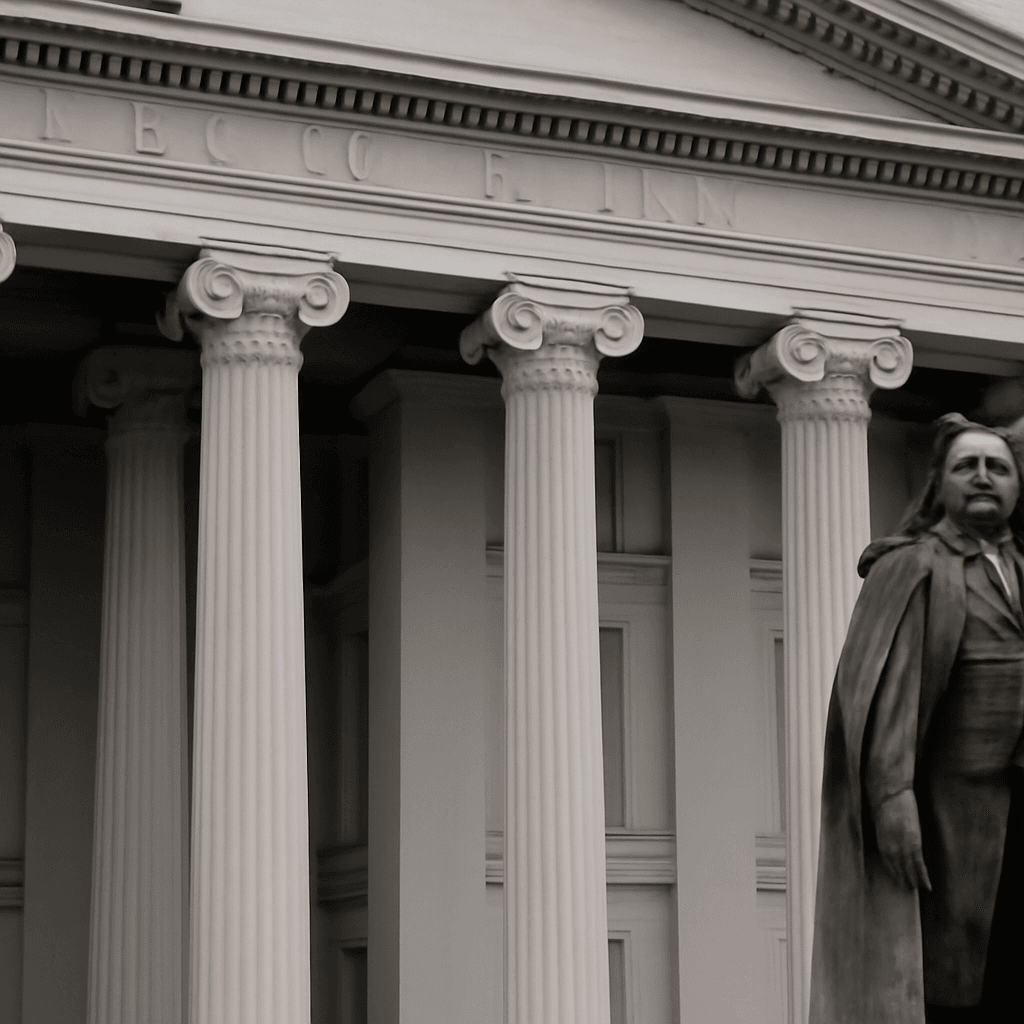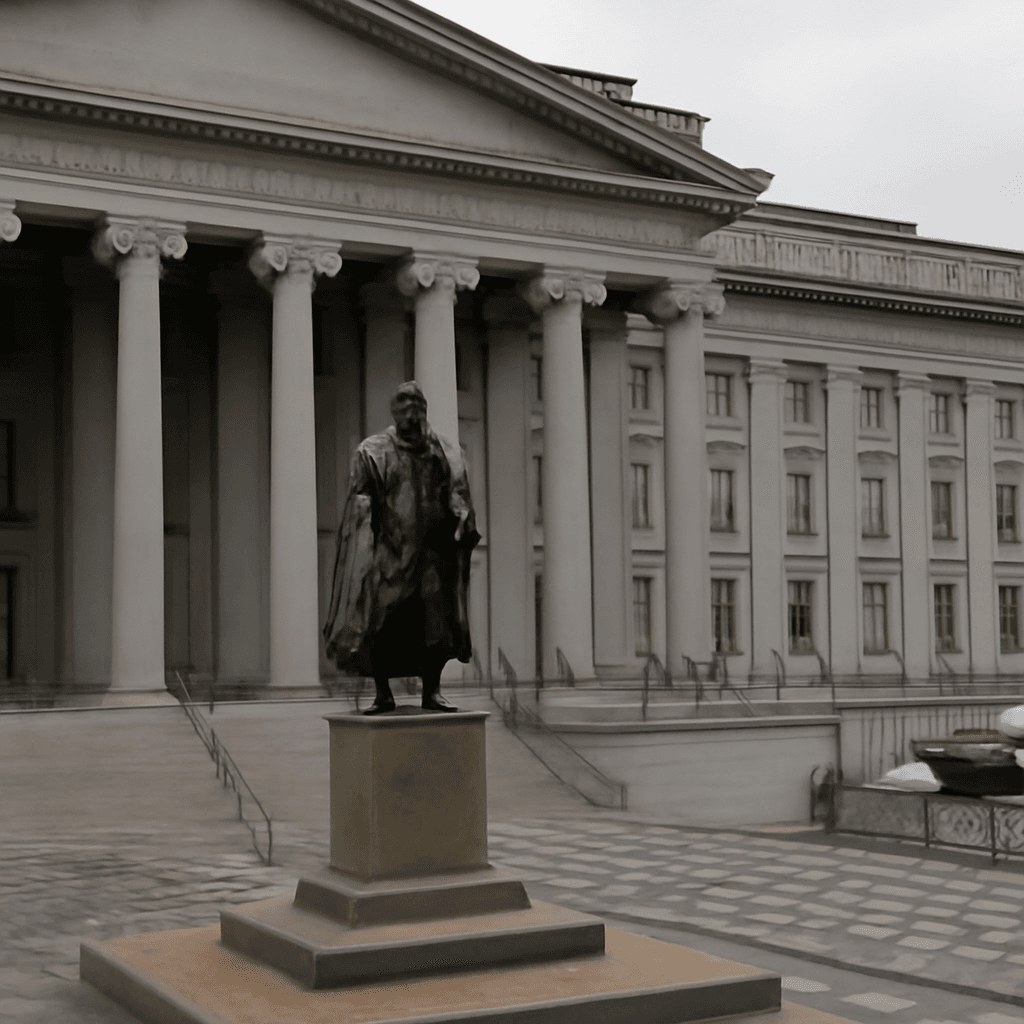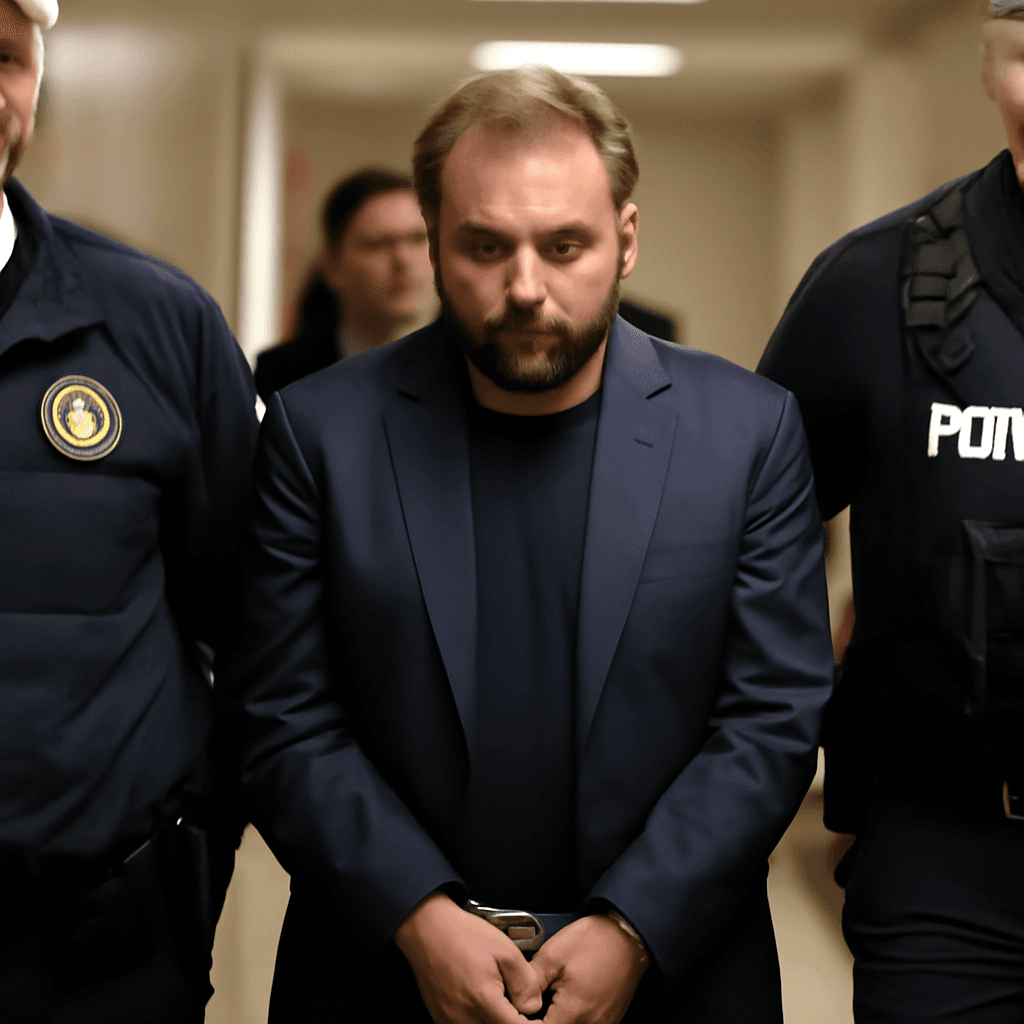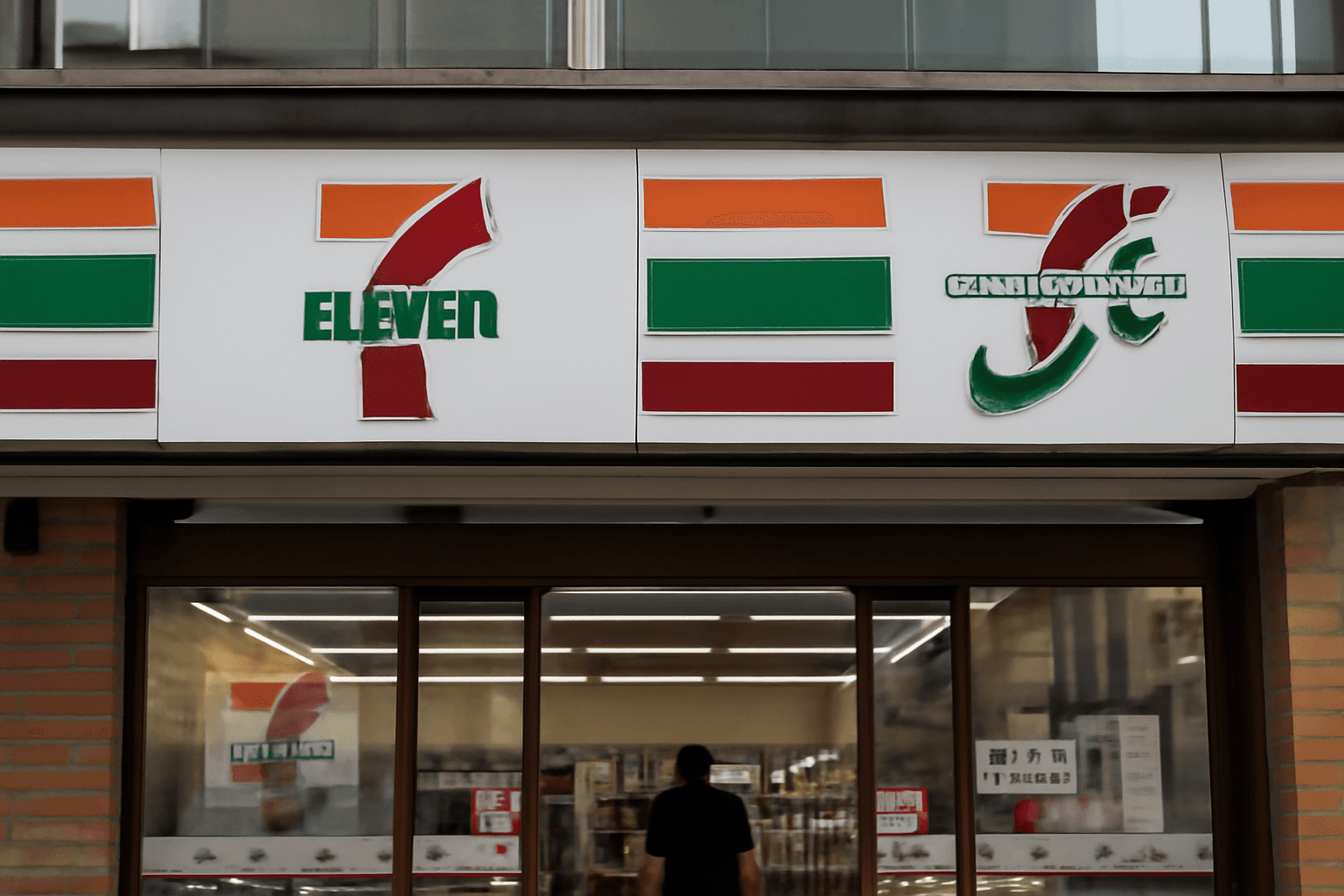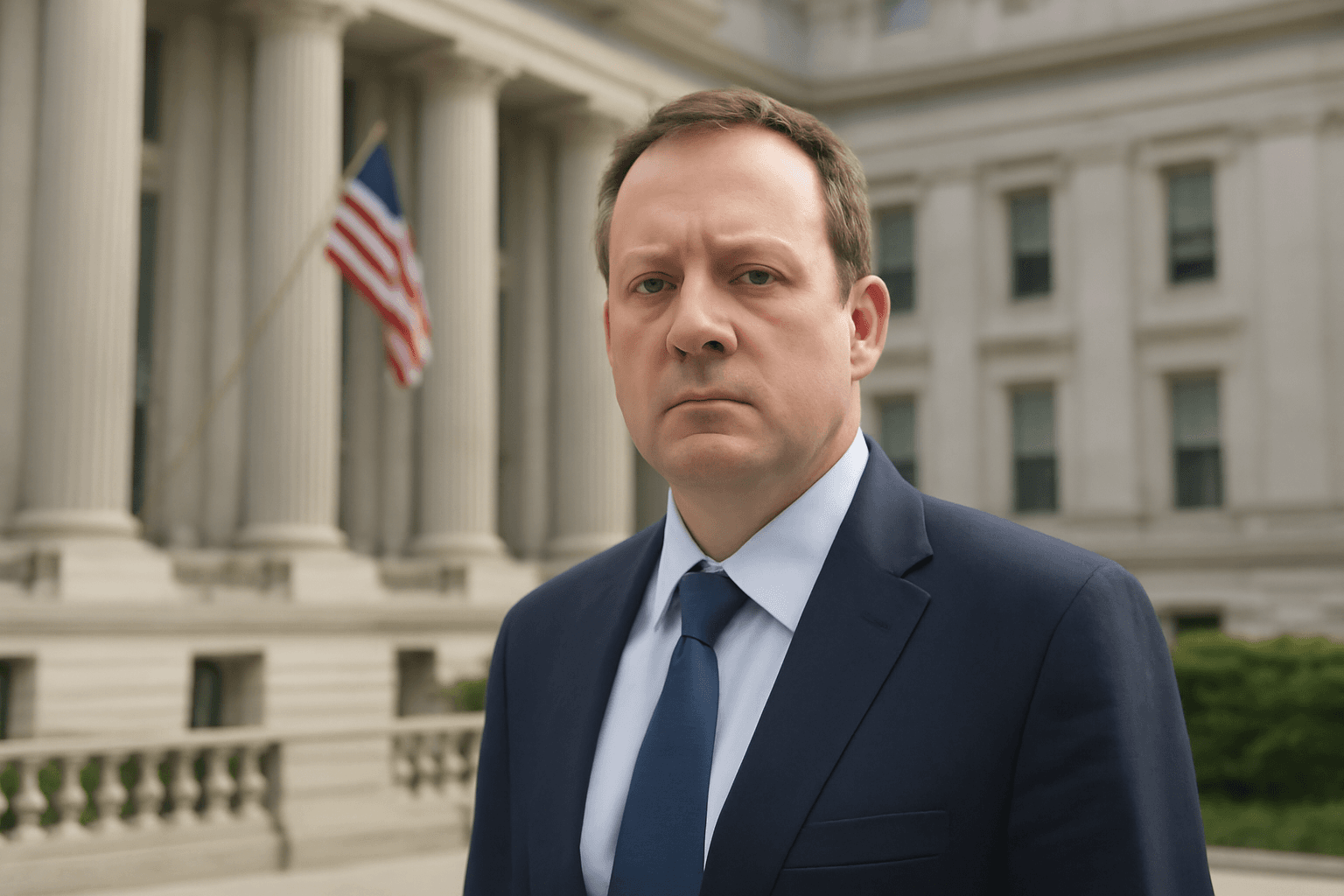Vaduz, Liechtenstein: Liechtenstein is taking steps to address the issue of hundreds of Russian-linked trusts that have been abandoned by their managers following US sanctions pressure. The tiny, affluent nation hosts thousands of low-tax trusts, hundreds connected to Russian individuals, placing it under increasing scrutiny amid Western sanctions on Moscow.
Since Russia's invasion of Ukraine, the US Treasury has sanctioned multiple Russian oligarchs and associated trusts in Liechtenstein, including Vladimir Potanin and Gennady Timchenko, close associates of President Vladimir Putin. The sanctions have driven many trust directors to resign, leaving a significant number of Russian-linked trusts in administrative limbo.
This mass resignation has effectively frozen substantial Russian assets tied up in these trusts—assets including yachts and global property holdings—thereby restricting access amid ongoing geopolitical tensions. Liechtenstein's government, aware of the reputational stakes and regulatory challenges, is working to appoint new managers to over 350 affected trusts, while some are being liquidated or remain unresolved.
A government official noted that while 475 trusts have been impacted, not all are connected to sanctioned individuals. The authorities are exploring options such as centralizing trust management under government oversight and tightening supervision to prevent misuse. These developments highlight the critical role of Liechtenstein’s trust industry, valued at approximately 770 billion Swiss francs, in the country's economy and the vulnerability of its banking sector given potential US measures like dollar access restrictions.
Liechtenstein, nestled between Switzerland and Austria, is governed by a princely family and closely linked economically to Switzerland. Historically criticized for facilitating wealth concealment, the country has implemented reforms and aligns with international standards, including membership in the IMF. Its roughly 20,000 trusts represent a significant financial structure for its population of about 40,000.
This current crisis marks Liechtenstein’s most significant since the 2008 LGT Bank data leak that exposed tax evasion scandals. The government emphasizes that no assets will be released to sanctioned parties and maintains cooperation with international regulatory bodies. The situation underscores the ongoing global challenges in monitoring and enforcing sanctions related to Russian wealth abroad.

